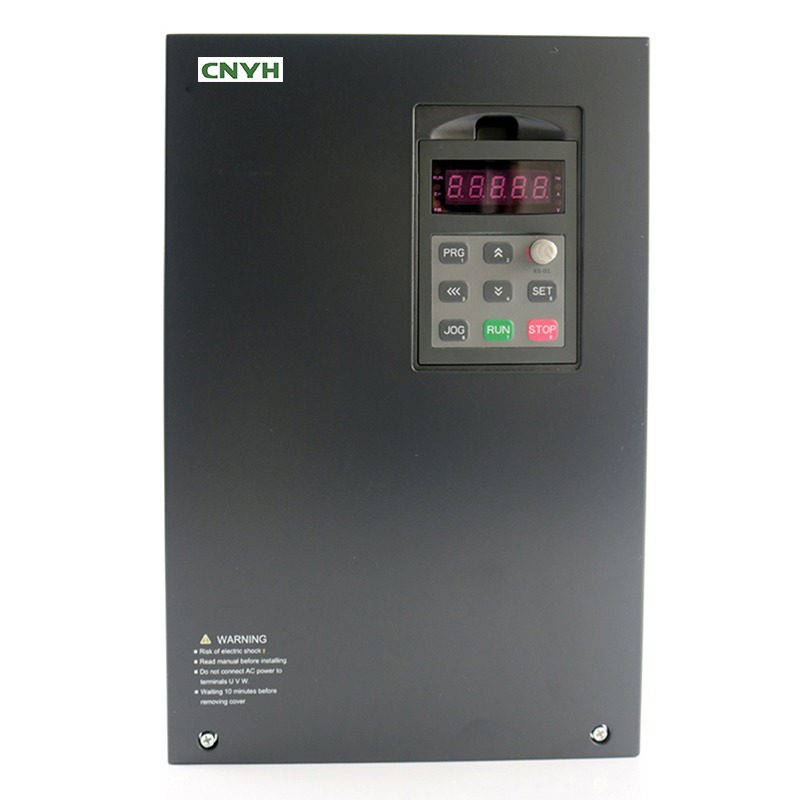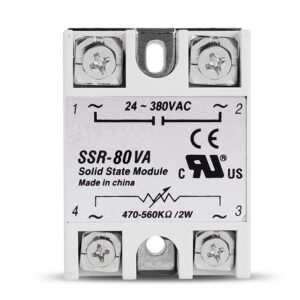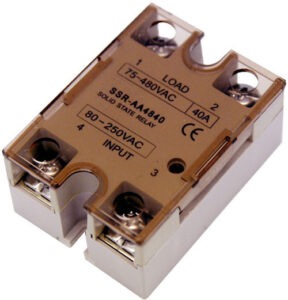What is an Inverter? How Power Inverters Work & Their Uses.

Discover what inverters are, how they convert DC to AC power, and their essential uses in solar systems, vehicles, and industrial equipment.
Inverters Explained: How They Convert Power & Key Applications
If you’ve ever used solar panels, an uninterruptible power supply (UPS), or an electric vehicle, you’ve relied on an inverter. But what exactly is an inverter, and how does it work? In simple terms, an inverter converts DC (direct current) power into AC (alternating current), making it usable for everyday appliances and industrial machinery. Let’s break down how inverters function and where they’re most useful.
1. How Does an Inverter Work?
An inverter takes DC power—from sources like batteries, solar panels, or fuel cells—and transforms it into AC power, which most household and industrial devices require. The process involves electronic switching components (such as transistors or MOSFETs) that rapidly turn the DC signal on and off, creating a waveform that mimics AC power. Advanced inverters further refine this waveform to ensure smooth, stable electricity output.
Key features:
- Pure Sine Wave Output – Best for sensitive electronics (e.g., medical devices, laptops).
- Modified Sine Wave – Cost-effective for basic appliances (e.g., lights, tools).
- Efficiency Ratings – High-quality inverters operate at 90-95% efficiency.

2. Types of Inverters & Their Performance
Not all inverters are the same. The right choice depends on your power needs:
- Grid-Tie Inverters – Sync with utility grids, ideal for solar energy systems.
- Off-Grid Inverters – Standalone units for remote power (e.g., RVs, cabins).
- Hybrid Inverters – Combine solar and battery storage for backup power.
- Industrial Inverters – Handle heavy loads (e.g., motors, HVAC systems).
Performance factors like load capacity, surge protection, and cooling mechanisms determine reliability in different environments.
3. Where Are Inverters Used?
Inverters are everywhere—here’s where they shine:
- Solar Power Systems – Convert solar panel DC output to usable AC.
- Electric Vehicles (EVs) – Transform battery power for motors and chargers.
- Home Backup Power – Keep lights and appliances running during outages.
- Industrial Machinery – Control motor speeds and reduce energy waste.
Their versatility makes them critical for renewable energy, transportation, and automation.

Final Thoughts
Inverters bridge the gap between DC power sources and AC-dependent devices, enabling modern energy solutions. Whether for home, automotive, or industrial use, selecting the right inverter ensures efficiency, safety, and longevity.
Need a reliable inverter? Look for certified models with robust warranties and technical support to match your power requirements.




